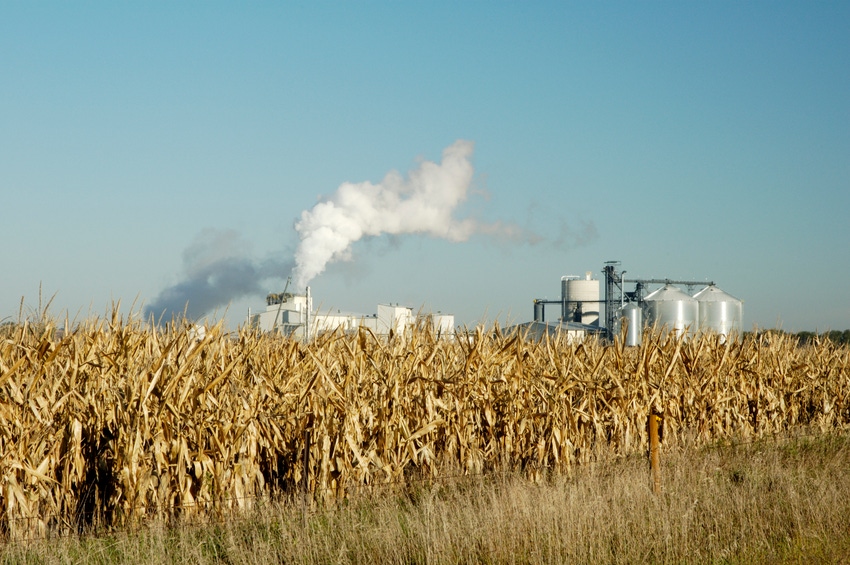November 21, 2019

The waste biomass or byproducts generated by ethanol plants and other biorefineries, such as corn stover, are normally thrown-away—but finding cost-effective means of using this waste to make new products will generate extra revenue for the facilities, help lower fuel costs, reduce carbon emissions, and ultimately help farmers. A research team at South Dakota School of Mines & Technology is working on testing new methods to turn the biorefinery waste into valuable products.
“This is one more way SD Mines is pioneering research that helps the environment while increasing efficiency and profit margins for our industry partners. This is the kind of work that can have a positive impact on the economy,” said Ralph Davis, South Dakota School of Mines & Technology Vice President of Research.
A $2.16 million Department of Energy grant awarded in 2017 funded the initial work. This initial validation stage proved successful and a team led by Professor Rajesh Shende is now working on the effort to optimize processes at the laboratory level and scale up the work to prove it can work for industry.
“This is a great milestone in this project and we’re excited,” Shende said. “We had been doing something on a lab scale looking at a few grams at a time, we’re moving to processing one ton of per day.”
A pilot scale testing facility for one of the processes is set to be established at the college. Pilot scale processing of corn stover will be performed at Idaho National Lab, South Dakota School of Mines & Technology and Southwest Research Institute to make products such as carbon nanofibers, lactic acid, phenol, and battery grade biocarbon. These products have wide ranging use in industry, from disinfectants to carbon fiber materials to batteries and fuel. The products that can be created with these processes include clean-burning oils, “This can be blended with commercial bio-diesel and used in diesel generators,” says Vinod Amar, Ph.D., a South Dakota School of Mines & Technology research scientist working on the project.
Source: South Dakota School of Mines & Technology, which is solely responsible for the information provided and is wholly owned by the source. Informa Business Media and all its subsidiaries are not responsible for any of the content contained in this information asset.
Read more about:
ResearchYou May Also Like




